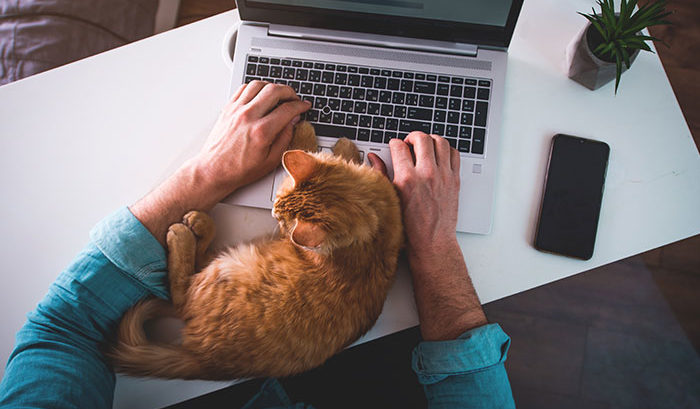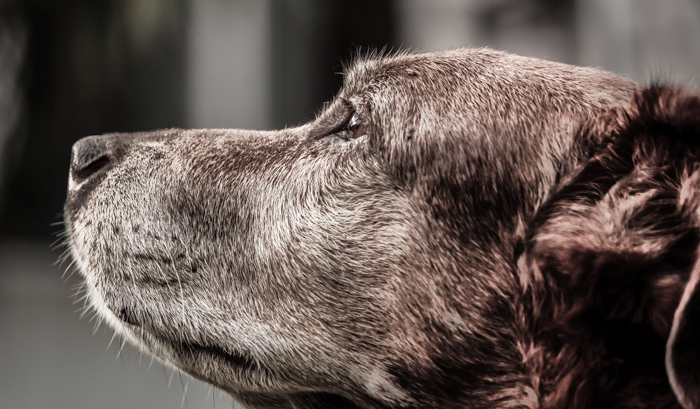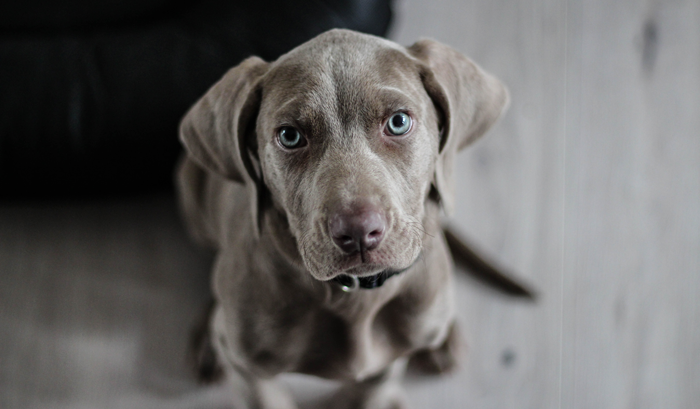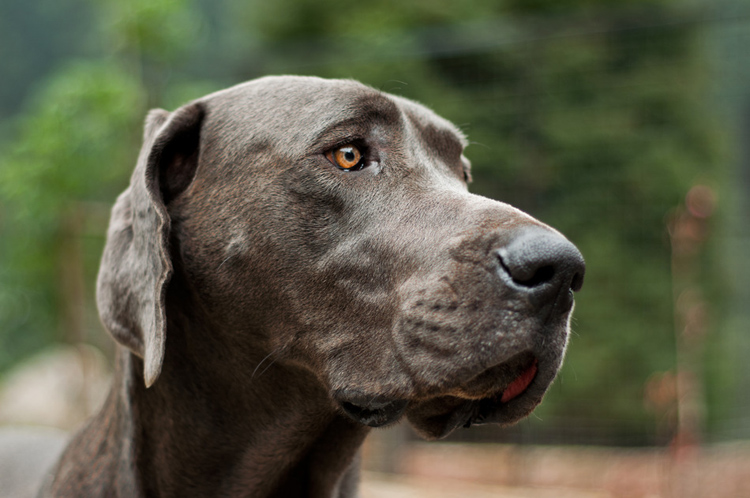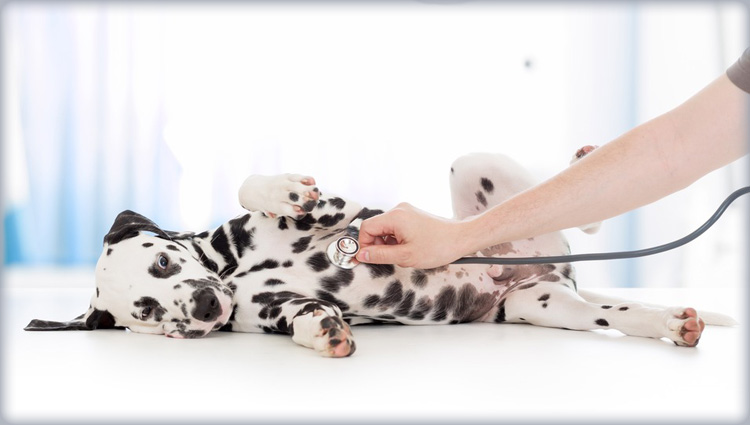How to Work From Home With Pets
Millions of Americans are having to adjust to working remotely due to the COVID-19 pandemic. In addition to all the technological changes that has led to, it also means that you and your family have had to adjust to significant changes to your routines—including those involving your pet.
Pet owners should spend 1-2 hours a day with their cat or dog. But when working from home, you can expect that amount of time to increase. It’s important to develop a new sense of normal with your pet, without them expecting your complete attention during working hours.
So, what can you do to make sure you’re still able to be productive while working from home?
Start the Day Off on the Right Paw
When working from home, it may be tempting to sleep in without having to worry about the commute, but that extra time in the morning may be better spent with your pet. Providing food and playtime in the morning will help tire your pet and leave you with more time to work uninterrupted.
Redirect Attention
Have an upcoming call or task that will require your undivided attention and concentration? Be sure to attend to your pet’s needs in advance. Potty breaks, food and water, and toys can help keep your pet distracted and entertained without you (at least for a while).
Practice Positive Reinforcement
Has your coworker been good? Reinforce their good behavior with treats, their favorite toy, or some one-on-one playtime. As with any kind of training, it’s important to reward good behavior and work to improve the bad.
Keeping Your Pet Healthy
As of August 2020, only 20 dogs and cats have been positively diagnosed with COVD-19 in the United States. So while it is possible to pass the virus on to your pet, it appears to be far less contagious to animals than it is to humans.
If your pet ever does get sick, the cost of treatments and medications can put an unnecessary strain on your finances. To help offset these costs, we have teamed up with Nationwide to offer discounts on pet insurance to members. To learn more, or to request a quote, please visit the pet insurance page today.

